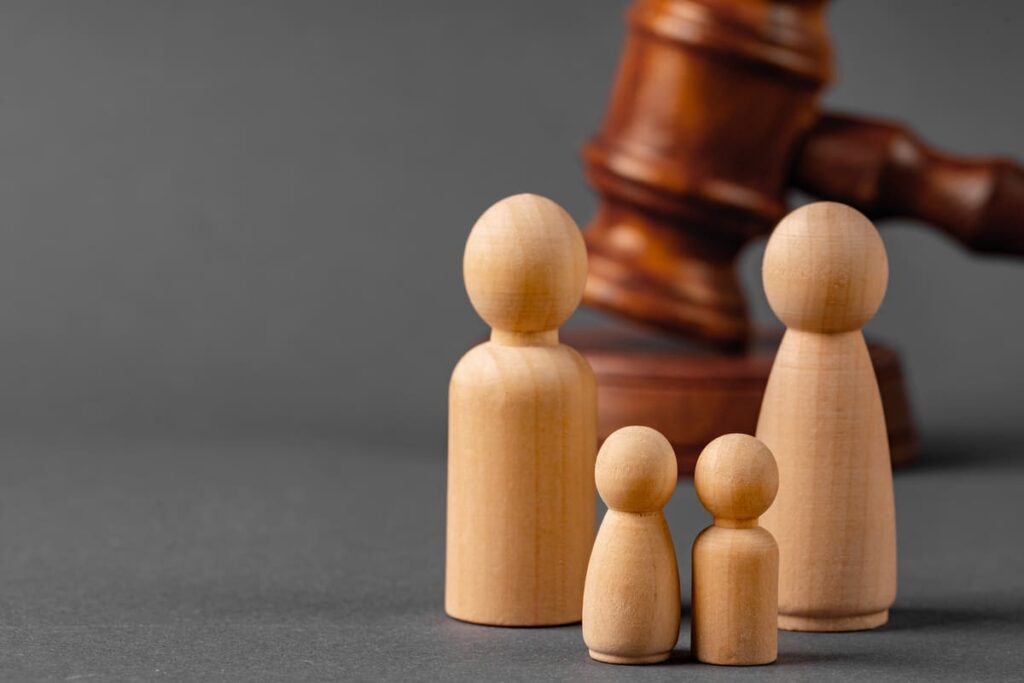More than half of Americans over the age of 55 do not have an estate plan in place. Even more troubling, only 18% of people over the age of 55 have all of the recommended legacy documents, including a last will and testament, health care directive, and statutory durable power of attorney. So, what are the most common bad excuses for failing to make an estate plan?
“I do not want to think about death”
No one wants to think about death. It is an uncomfortable subject for almost everyone, but if you fail to plan, your family could suffer major consequences. No one lives forever, but with proper estate planning techniques, you can take care of your loved ones and provide financial and health care decisions if you become incapacitated.
1. Taking care of your loved ones.
If you die without a will or trust in California, California law, and not your wishes, will determine how a court-appointed representative distributes your estate. To avoid this, you can create a revocable trust and transfer your assets to it during your lifetime.
2. Detail how you want to be taken care of when you can no longer care for yourself.
Estate planning is not just about who gets your assets when you die; it is also about making your wishes known for your care if you are no longer able to care for or make those decisions for yourself. To avoid guardianship in the event you are incapacitated, you need:
- A valid durable power of attorney for financial decisions;
- A medical power of attorney; and
- A medical directive
These documents will allow you to name someone you trust as an agent for these critical decisions and detail your wishes about end of life decisions.
“I only have one child. There is nothing to fight over”
Avoiding fights over your assets is only one reason to have a plan in place. An estate plan can also provide for a minor child’s physical and financial care, avoid nasty custody battles, and determine how your heirs receive your assets. If both you and your spouse die, who will care for your child? An estate plan can avoid this by appointing a guardian you and your spouse trust in advance.
“My estate is not large enough”
Estate planning is not just about a trust. Estate planning can also provide for minor children, plan for your future medical decisions, and determine how your representative will distribute your assets. Ultimately, estate planning is about ensuring that you do not leave your final affairs to your heirs to untangle. Planning ahead can make a painful, stressful, and costly process much easier for the people who love you.
Contact us today to schedule a consultation with our estate planning attorneys to start the process in planning ahead for your loved ones.



